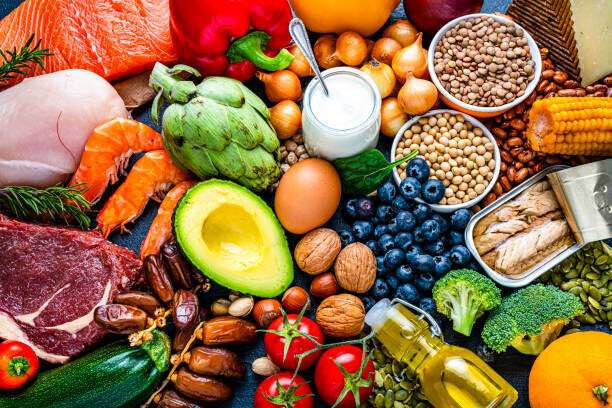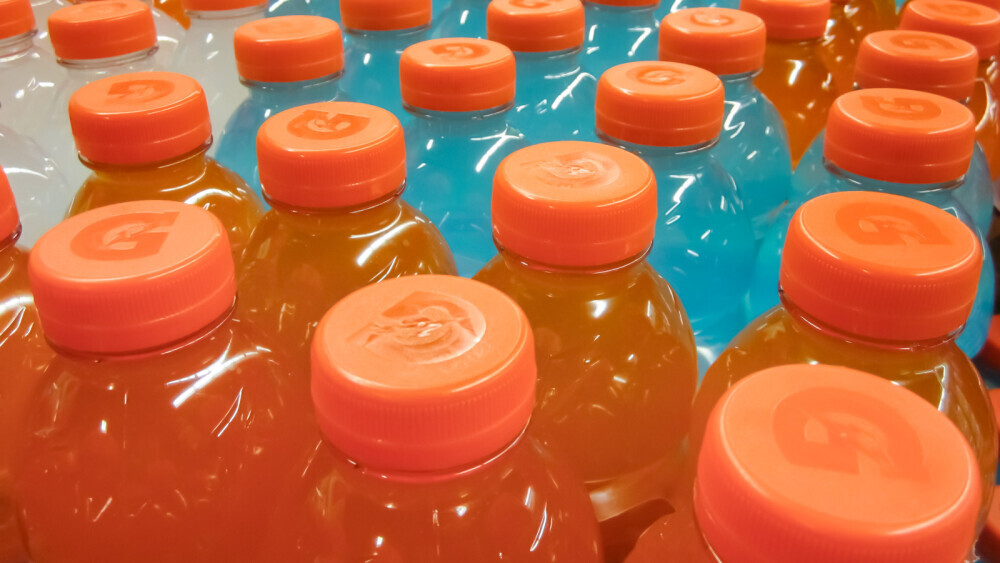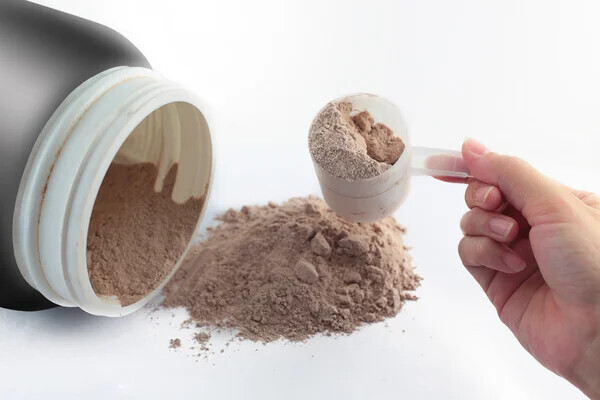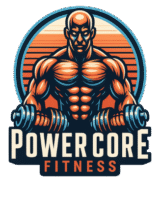
Understanding macronutrients is like finding the secret recipe to making your workouts count. These are the big three: carbohydrates, proteins, and fats, and they’re the cornerstones of any solid fitness plan. Each plays a unique role in keeping your engine running smoothly.
Carbohydrates often get a bad rap, but let’s face it—they’re your best buds when it comes to energy. They fill up your muscle glycogen stores, giving you that pep in your step needed for endurance. Whether you’re lifting weights or hitting the treadmill, carbs should be your go-to source for a quick energy boost.
Protein is the powerhouse for your muscles. It’s essential for muscle repair and growth, especially after you’ve put your tissues through a challenging workout. Think of it as the repair crew that fixes the wear and tear, ensuring you’re ready for the next session.
Don’t skimp on fats. They help with sustained energy over longer periods. Not talking about greasy burgers here, but healthy fats like those from nuts and avocados, which keep your energy levels steady and your body fueled for longer.
Crafting the perfect pre-workout meal isn’t about stuffing yourself but about balance. You want to include enough of each macronutrient to get the boost you need without feeling sluggish. Maybe try whole-grain toast with some peanut butter and a banana. This combo gives you the right mix of carbs, protein, and fats to get started right.
Hydration: The Essential Element for Peak Physical Performance

Hydration is your workout’s unsung hero, quietly ensuring everything goes smoothly. You might not see it, but when your body’s well-hydrated, it’s performing at its best. Water supports almost every function during a workout, from maintaining energy levels to regulating temperature.
If you’re thirsty, you’re likely already a bit dehydrated, and that can make your workout feel harder. Even a small dip in fluid levels can lead to fatigue, cramps, and a drop in performance. It’s crucial to keep sipping—even if you don’t feel thirsty yet.
Electrolytes, like sodium and potassium, play a key role too. These little guys are like the mechanics that keep your muscles firing right and prevent cramps. So, if you’re sweating a lot, grabbing a drink that replenishes electrolytes can be a game-changer.
Before you hit the gym, ensure you’re adequately hydrated. Try sipping water throughout the day instead of guzzling it all down right before. During your workout, take breaks to hydrate, especially if you’re in for a longer session.
As for choosing between water and sports drinks, it often depends on the intensity and duration of your workout. For most sessions under an hour, water should do the trick. Longer or high-intensity workouts might warrant a sports drink to replace lost electrolytes and carbs.
Micronutrients and Supplements: Elevating Your Fitness Game

Micronutrients might sound like a small deal, but they’re a big part of powering up your workout routine. They’re the vitamins and minerals your body craves to operate at its peak level. The right mix can help boost your energy, muscle recovery, and overall performance.
Vitamins like B12 and D are key players. Without enough B12, you might feel sluggish, and a lack of D can affect your bone health and muscle function. So, it’s worth keeping an eye on those levels, ensuring you’re getting them from your diet or supplements if needed.
Then there are antioxidants which work behind the scenes to help your body bounce back from the oxidative stress that comes with intense workouts. Foods rich in vitamins C and E, like oranges and almonds, can make a difference in reducing soreness and inflammation post-exercise.
When it comes to supplements, there’s a whole world out there. Creatine, known for boosting strength and performance, is popular among those looking to up their game. Branched-chain amino acids (BCAAs) can also be helpful for reducing fatigue and improving muscle recovery post-gym session.
But with great power comes responsibility. Always stick to reputable sources for your supplements, and don’t overdo it. They’re meant to support a healthy diet, not replace it. Checking in with a healthcare professional or a registered dietitian before starting a new supplement is always a smart move.

Leave a Reply